#relationship polarity
Explore tagged Tumblr posts
Text




POV: You're a wealthy wife
#wealthy#aesthetic#aesthetics#wealthy woman#wealthy wife#feminine woman#feminine dating#date up#marry well#marry up#hypergamy tips#hypergamous#hypergamyblr#hypergamy#secured wife#secured woman#feminine#black femininity#black women in leisure#black women in femininity#black women in luxury#couple#relationships#relationship#feminine masculine polarity#polarity#provider men#providers#marriage#goals
897 notes
·
View notes
Text
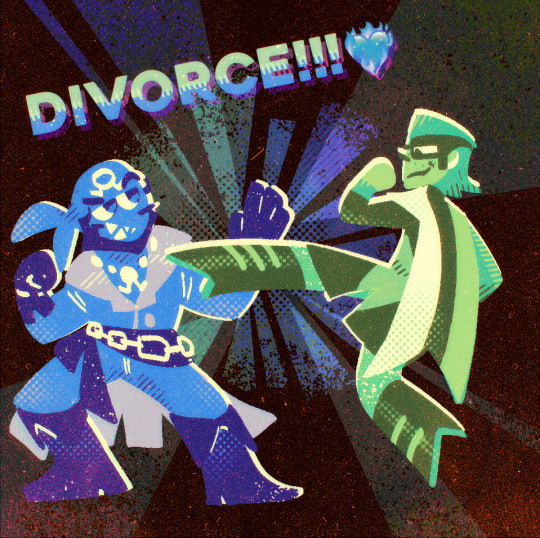

Happy Pride Month! Here’s some basically headcanons for specifically ZC protagonists and Archie/Maxie. Saying that bc my headcanons vary throughought AUs but these r my main ones. Small elaborations on tags, but please don’t start discourse or smth bcs I literally do not care lol ZC is very divorced (haha) from what I think is general canon anyways, sooooo
#pokemon rse#pokemon oras#zephyr comet#archie pokemon#maxie pokemon#magma leader maxie#aqua leader archie#pokemon#hardenshipping#The protags are purely vibes based and they are polar opposites#I like that kinda Parrarel with them#Anyways Archie and Maxie are both mlm but Maxie is demiromantic#The slow burn on that goes crazy I think#For that same reason I might make Archie demisexual#It would be funnier#but I’m one to take time when deciding headcanons for some reason#Even though none of this is focused on deeply in the comic#Ghostuff#Also for the protags I just love the energy of aroace person that’s super ambitious and thinks abt her relationships a lot#And pan guy that is chill and probably way too lazy to try pursuing anything at the moment
139 notes
·
View notes
Text
Just thinking about “whatever our souls are made of, his and mine a the same” from wuthering heights, and lily and severus having the exact same patronus, something that literally represents the soul
#snily as in a self distructive platonic-romantic relationship#where they clung to each other their whole childhoods and now can’t distinguish themselves from each other#i like to think that sev’s patronus was always a doe#and imagine their reactions when they first cast them together#it makes their separation so much more challenging and heartbreaking#feeling like they’re not whole without the other#but cant help but destroy each other when they’re together#lily seeking comfort in the man that is sev’s polar opposite#and severus joining the DE to prove himself wortier#is that not literally cathy and heathcliff#snily#snape x lily#lily x snape#wuthering heights#severus snape#pro snape#pro severus snape#lily evans
352 notes
·
View notes
Text
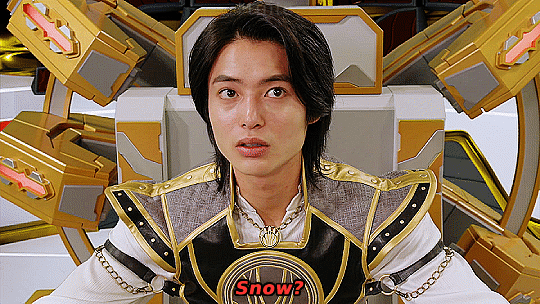



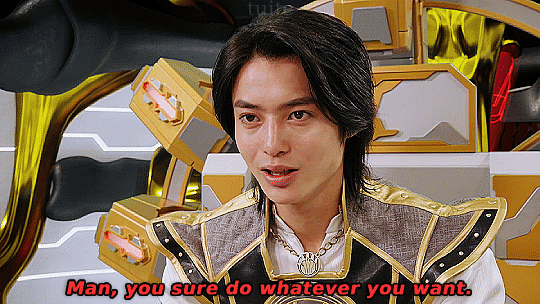


"Man, you sure do whatever you want."
#gozyuger spoilers#gozyuger#no. 1 sentai gozyuger#no.1 sentai gozyuger#super sentai#mashiro kumade#gozyu polar#gozyu wolf#hoeru tono#umbrella.gifs#userdramas#tokuedit#please do not repost#umbrella.edits#umbrella.posts#translation: over-time#subtitles added by me#really like that mashiro asks goodeburn if this is okay with him bc he knows he and tega sword have a rocky relationship#it's just a small thing but it shows that mashiro does care for goodeburn and wants him to be comfortable#and goodeburn obliges out of respect for mashiro putting aside his issues with tega sword for mashiro's fight#they really are a team and i think their very sweet#and then there's mashiro saying god works in mysterious ways as to not outright say he's there for hoeru but to still be in some way#he has his own grievances with kuon but it's clear that the way hoeru's been affected by his actions has made mashiro see something#in hoeru and the ice is breaking between them
56 notes
·
View notes
Text
One yellow eyed blue robots and the godlike bitches they pulled by being batshit insane and murderous

#digital art#my art#art#fanart#transformers#v1 ultrakill#gabv1el#tf whirl#tf rung#transformers shipping#ship art#gabriel ultrakill#ultrakill fanart#ibis paint x#ibis paint#ibispaintdrawing#ibispaintx#ibispaint art#I know absolutely nothing about ultrakill#other than that v1 is a murderous little guy fueled off blood#and gabriel is like. an angel or smth#and v1 and gabriel have insane amounts of tension#so i had a vision and behold. art.#Im pretty sure the relationship v1 and gabriel have is like. polar opposite to whirl and rung's but like.#close enough whatever#the more i look at gabriel and rung the more similarities i see. like the circle in their chest and their belt thingies#and the circle shoulders with similar indents/idk on them.#i think its cool. also uncanny
112 notes
·
View notes
Text
Azriel and Eris cannot communicate/express emotions for the life of them, but they do try very hard.
Eris communicates mostly through flirting, honeyed quips that would turn the average fae to putty— but azriel, spymaster who is trained to be stone cold, is absolutely unaffected. It’s that Pokémon meme; Eris uses flirt, It was Uneffective!
Azriel communicates through body language, he has six limbs after all so it’s easier. Flared wings that would signal to any Illyrian that he is excited, but Eris, a high fae who knows nothing about how illyrians use their wings, cannot understand it.
They have to meet in the uncomfortable middle ground of actually saying what they mean.
#azris#azriel x eris#eris x azriel#azriel shadowsinger#eris vanserra#azriel acotar#eris acotar#acotar azriel#acotar eris#acotar#a court of thorns and roses#somnas.rambles#somnas.writes#they’re both SO out of their element in that relationship#like they’re in love and very happy but god they’re struggling to talk about their feelings#there’s also a cultural difference#Eris is high fae so he’s used to being tricky and playing four dimensional chess with time travel#meanwhile azriel is ‘lesser’ fae and it’s so much simpler for him— if ur mad punch em if ur happy go flying etc#so their methods of communication are polar opposites
224 notes
·
View notes
Text










private and rico appreciation post because they're so siblings <3
#the penguins of madagascar#tpom#these two DUMBASSES#so much untapped potential in their relationship#two babies of the group#polar opposites#but they share love for girl toys#analysing them like mold spores in a petri dish
156 notes
·
View notes
Text

DAICHI &/+ OZYMANDIAS ↳ (temporary) gods of the feywild & the shadowfell
What appalling recognition, what sickening familiarity— To be made of the same godstuff.
💛 — our muses’ relationship + dai for @forcekenobi // moodboard meme
#turns out it's really hard to capture how they are exactly the same and yet polar opposites but circles + glow + water seems to get close#and I'm a big fan of how it looks like the birds are rising out of the golden waters in that middle bit#anyway. this doesn't do them justice by a long shot but wow they make me feel nuts#r: the same godstuff#mine; graphic#memery#mine; daichi#daichi#(and ozy!)#(trying a new relationship tag don't mind me)#(I like it because it's vaguely grandiose but it's also like. damn. the same god shit again.)#(hashtag cousins or whatever)#ozydai
21 notes
·
View notes
Text
Smitten will look at ANYONE he meets and say "I can fix them" and does just that
Cold will look at ANYONE he meets and say "I can make them worse" and does just that
#wysty's thoughts#slay the princess#voice of the smitten#voice of the cold#just something I noticed when I think about the relationships for these two respectively#damn they really are polar opposites aren't they
184 notes
·
View notes
Text
Don't decenter men if you want a man...
Be careful with jumping on these trends.
They'll have you living the life you don't want lol
#feminine#polarity#masculine feminine polarity#women#black femininity#black women#feminine journey#marriage#relationships#decenter men#healthy relationships#relationship advice#couples#dating#feminine dating#hypergamy#js
76 notes
·
View notes
Text



#dating#calm love#healthy relationships#healthy love#relationships#couple#feminine dating#date up#hypergamy#polarity#marry well#feminine masculine polarity#provider men#dating tips#providers#feminine#hypergamous#hypergamyblr
443 notes
·
View notes
Text

hold up this is so cute!
#post expedition relationships are so fascinating to me#imagine going through All That and then parting ways and moving on with life#tbh i get why the others latched on so long--you just dont get that kind of camaraderie elsewhere#tom crean#ernest shackleton#polar exploration
28 notes
·
View notes
Text
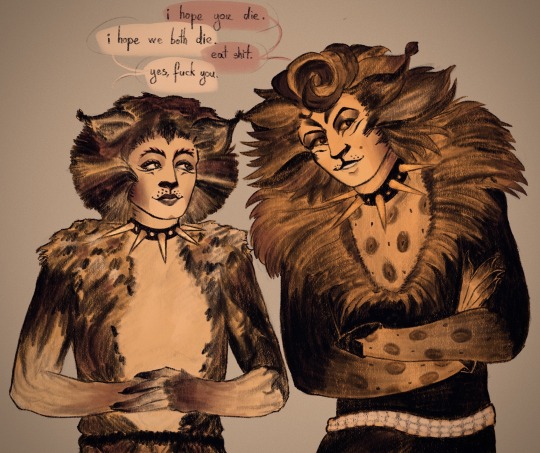
they've perfected the art of putting on the guise of pleasant conversation while cussing each other out in truly spectacular detail. in a household which includes munkustrap on his nigh sanctified quest to make these two get along, this was a necessity.
#cats the musical#demeter cats#rum tum tugger#im sorry my agenda is that those two cannot STAND each other#partially because they're polar opposites#and partially because they understand how in some regards they're exactly the same#and hate to see their own reflections#i'm very unhinged about this relationship#my art stuff
49 notes
·
View notes
Text
Funtime Frexy family

#fnaf#fnaf sl#sister location#ship art#funtime freddy#frexy#funtime foxy#funtime frexy#fnaf au#My art#Helpy#My au#Babys#Cub#Bear cub#Fox cub#polar bear#Polar fox#Bonbon#Bonnet#friendship#relationships#fnaf helpy#fnaf fanart#my fanart#five nights at freddy's
20 notes
·
View notes
Text
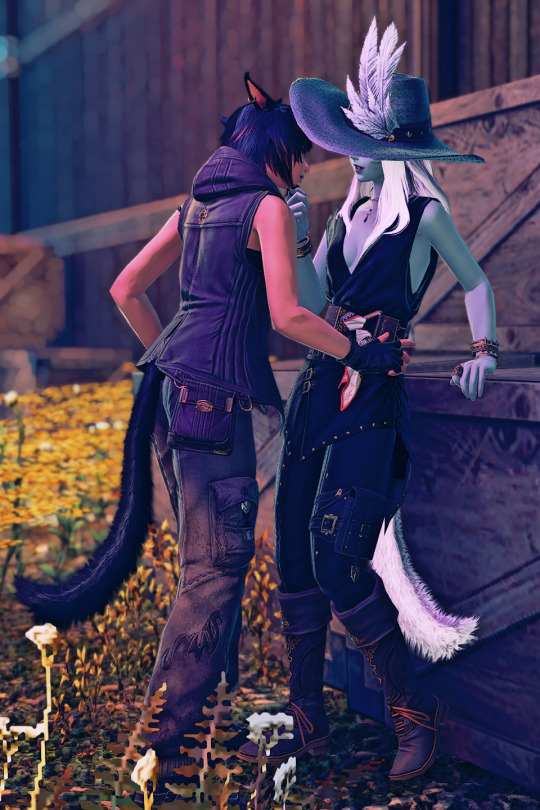
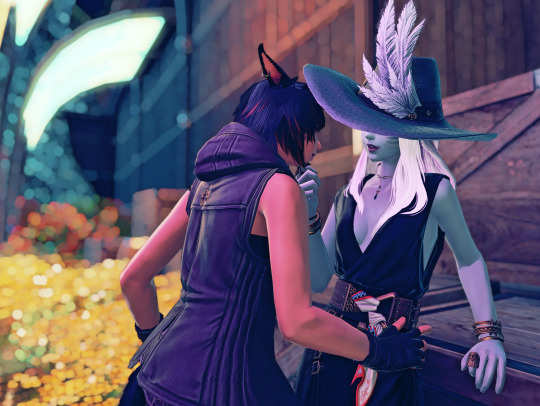
Bards discussing finer points of poetry, with @eriyu's Ehryu Raav.
#ffxiv#ehryu raav#kea lurvis#gpose shenanigans#tbh this particular matchup is really interesting to me?#like for all the things they potentially have in common#they're polar opposites in what they want out of relationships#thing is kea at least needed some time to figure that out#I can totally see them having had a fling at some point#calling things off amicably when the differences came to light#going on to remain in contact afterwards as friends#anyway this was fun!#really liked the visual idea of the obscured faces heh
73 notes
·
View notes
Text


So... How do I even explain this💀
Anyways, this is a fun little collab with @soundcrusher 's MGS ocs (on the left) and mine! (on the right). And we also have Mantis, because... they're actually all related.
So my oomf and I decided to make it a meme. The strange russian family line having their 'OMG... YOU :0' moment.
#this was so fun to do XD#nyla viremont#mgs#metal gear solid#mgs oc#metal gear solid oc#spider man meme#metal gear oc#psycho mantis#tretij rebenok#for those wondering dr ambrosia (my oc) is mantis's distant cousin! Her mother is a relative from his family :]#but they never knew each other until nyla was captured and well... Mantis read her mind lol#surpriiise!!!#theyre like polar opposites which is so cool. mantis is hatred for humanity while nyla is love for humanity.#(so yeah they did have a strained relationship for the whole few months they knew each other before mantis died.)#metal gear#tireddovahkiin art#digital art#meme
18 notes
·
View notes